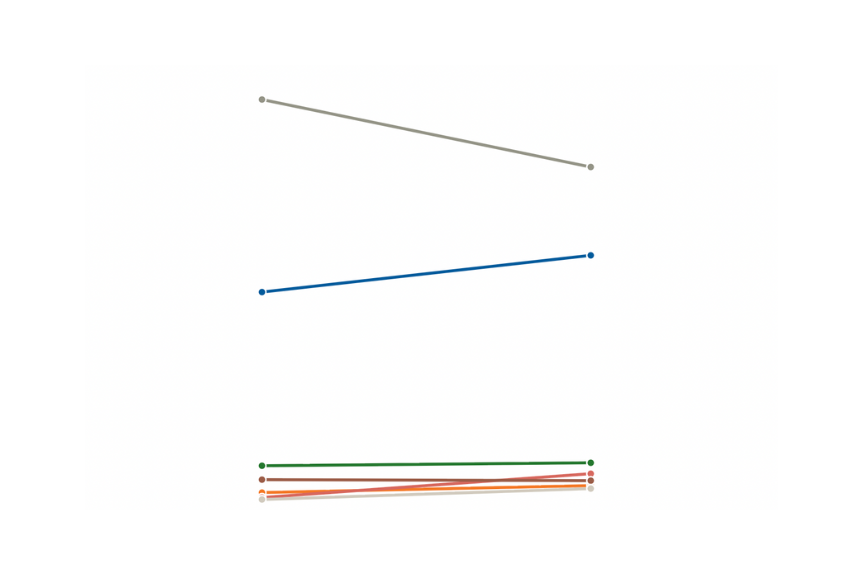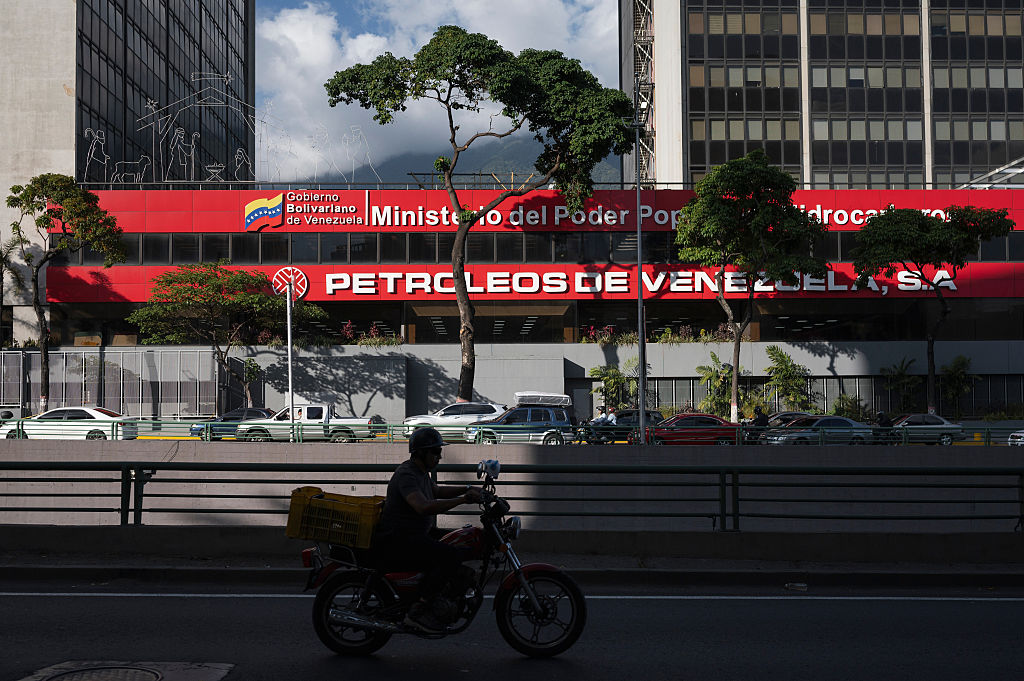The Venezuelan Opposition’s Silver Lining
The Venezuelan Opposition’s Silver Lining
AS/COA's Christopher Sabatini questions the future of chavismo and the Bolivarian Revolution under reelected President Hugo Chávez due to his unknown health conditions.
For a brief moment last week, a few started to believe the impossible: that after 14 years, Venezuelan President Hugo Chávez would lose an election to a unified opposition led by a young, energetic former governor, Henrique Capriles Radonski. But when the results were announced on Sunday night, Chávez had won, again.
This time, though, the victory was more about Chávez as a personal figure than his self-named Bolivarian Revolution over a fractured, discredited (and smeared) opposition. For the first time, the Venezuelan opposition made the election a referendum on Chávez’s record, rather than – as it had too often in the past – on his personality. With a record as governor of Miranda state and as a fresh face, the 40-year-old Capriles separated himself from the shadow of the corruption and mismanagement that preceded Chávez, instead focusing on the dismal record of the Bolivarian Revolution.
And there is a lot to focus on: in the last 14 years, Caracas – with a murder rate of about 67 per 100,000 residents – has become one of the most violent cities in the world; profligate public spending has led to an inflation rate that topped 27 percent last year (again one of the highest in the world), and reliance on oil and the capricious expropriation of business has led to one of the lowest rates of economic growth in the region, registering a flaccid 4.2 percent last year compared to 6 percent for Chile and 6.9 for Peru.
The strategy earned the opposition its strongest performance since Chávez was first elected in 1998, with 14 years of difficulties managing Venezuela’s problems and exorbitant promises reducing Chávez’s vote share to just over 10 percent, with Capriles – when the final votes were tallied – scoring 44 percent of the vote compared with Chávez’s 55 percent....








